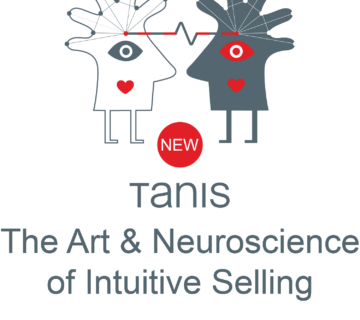How to Implement Effective Feedback and Feedforward in Your Company
Feedback is considered one of the most challenging forms of communication, whether you give or receive it. But, it doesn’t have to be that hard. This article explains how you can move from a culture of feedback to a culture of coaching and become an effective, developmental leader.
What is feedback?
Employee feedback is a genuine dialogue between the employee and their manager that aims to help them learn and grow. It’s less about just giving information or praise to someone and more about a conversation that creates opportunity, a door for growth and development.
But feedback is not always positive, it can be negative too. The latter is basically “here’s what you are doing wrong” and doesn’t help the recipient get any better. The key to giving feedback is to make it constructive and create positive emotions, even when it is negative. That’s why it is important to understand how feedback works. When done right, it is a very useful tool for leaders and the companies they work for. A true developmental leader sees the raw material for development in their employees and creates the right conditions to let it be developed further, even when the challenge is tough.
How does feedback work?
So, what does giving feedback look like in practice? The goal of feedback is to help people improve their performance. It is an open conversation, an opportunity to discuss the skills you need to go where you want to go or to be the person you want to be. To be able to have this conversation and get the most out of this process, it is essential to create an environment of trust and openness.
Why is feedback important?
“Feedback is the breakfast of Champions”- Ken Blanchard
It’s been shown that employees who are regularly coached through feedback and feedforward are more productive.
A Gallup study of 530 work units with productivity data found that teams with managers who received positive feedback (developmental feedback) showed 12.5% greater productivity post-intervention than teams with managers who received no feedback.
Feedback helps employees address weaknesses and promote personal growth, increase engagement, and contribute powerfully to their teams and the company.
How to master feedback: A manager’s guide
“We all need people who will give us feedback. That’s how we improve” – Bill Gates
Giving developmental feedback that sparks growth xis a key challenge to master because it can make or break employee engagement. In order to make an impact and give value to the person that receives feedback, you need to start with a positive mindset. The intention is to help employees grow. As a manager, you should prepare for the feedback conversation, and first of all, think of what you hope to achieve through this.
Second on the list is to have an open mindset that facilitates change and does not leave room for negative feelings, like feeling uncomfortable, frustrated, or ashamed. Focus on the action that needs improvement and not on the person opposite you. The employee will understand your energy and the conversation will be much more effective if you start off with a positive attitude.
Next up is to make the feedback an interactive process. Communication is a two-way street. For example, you can ask your employee to share their thoughts on the problem-solving process. By helping them engage more, you create a safe space that initiates a genuine dialogue.
Taking action on the feedback is equally important. Companies today invest too much time and energy in creating a culture of feedback, and they usually forget about its actual value and the reasons why they are doing it in the first place. Don’t dwell on what has happened in the past: focus your conversation on what needs to be addressed in the future. That’s what feedforward is all about.
More excellence. Less Frustration.
At Humanis, we know that feedback is a critical process for teams and organizations to unleash their potential and bring business results. That’s why we have created the training program “We value feedback”, a dedicated session for all level managers and individual contributors.
What is unique about how we have structured this program is that we use a professional actor to help you practice your reinforcing and developmental dialogues. The actor will act out different employee/manager profiles, so that you can practice adjusting your feedback and feedforward according to the cohort you need to communicate with.




